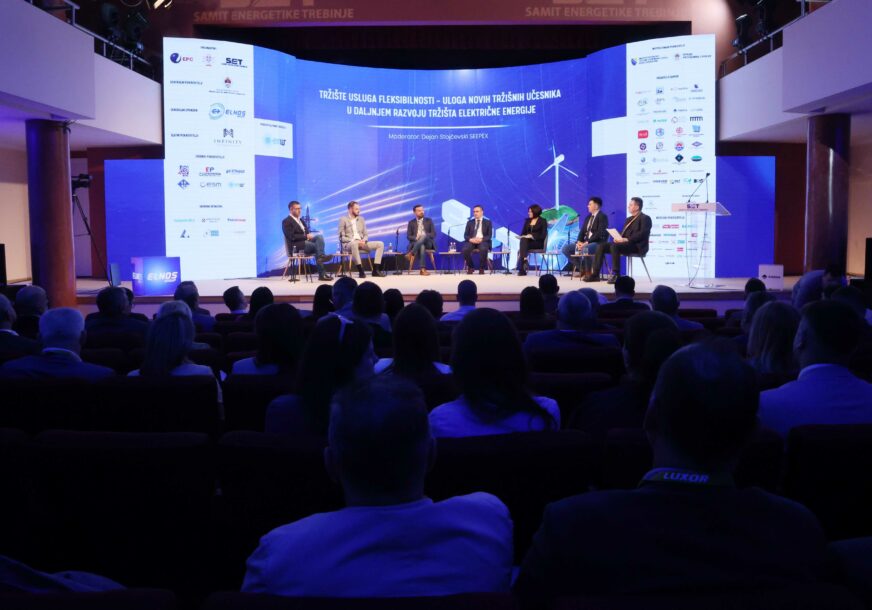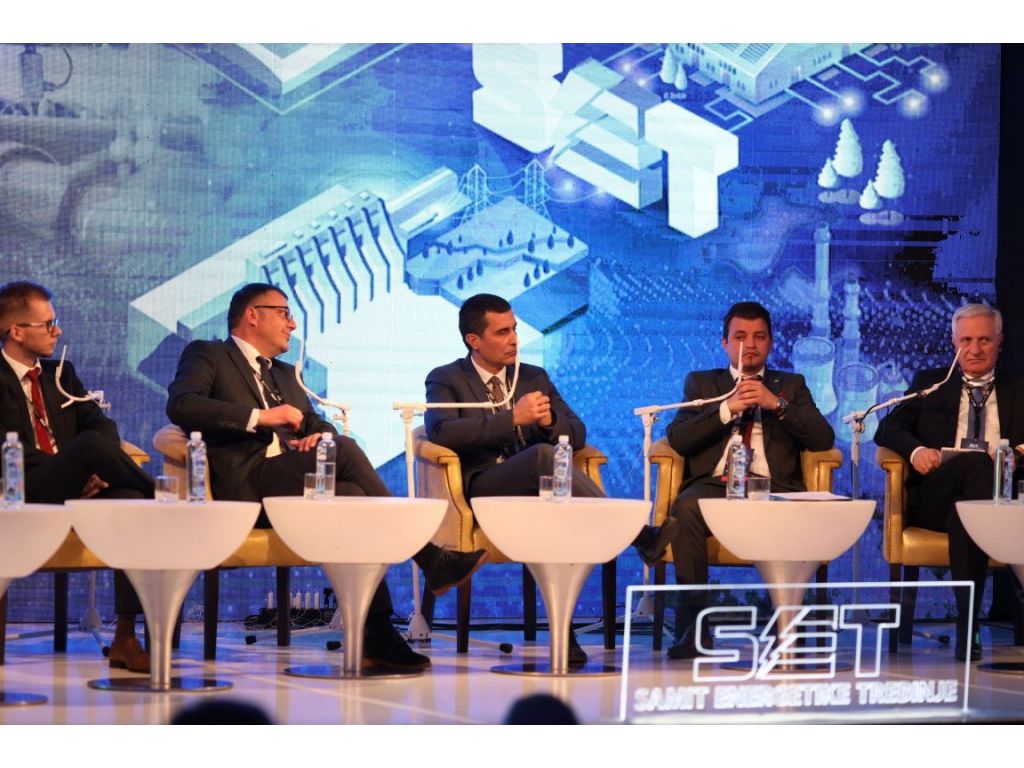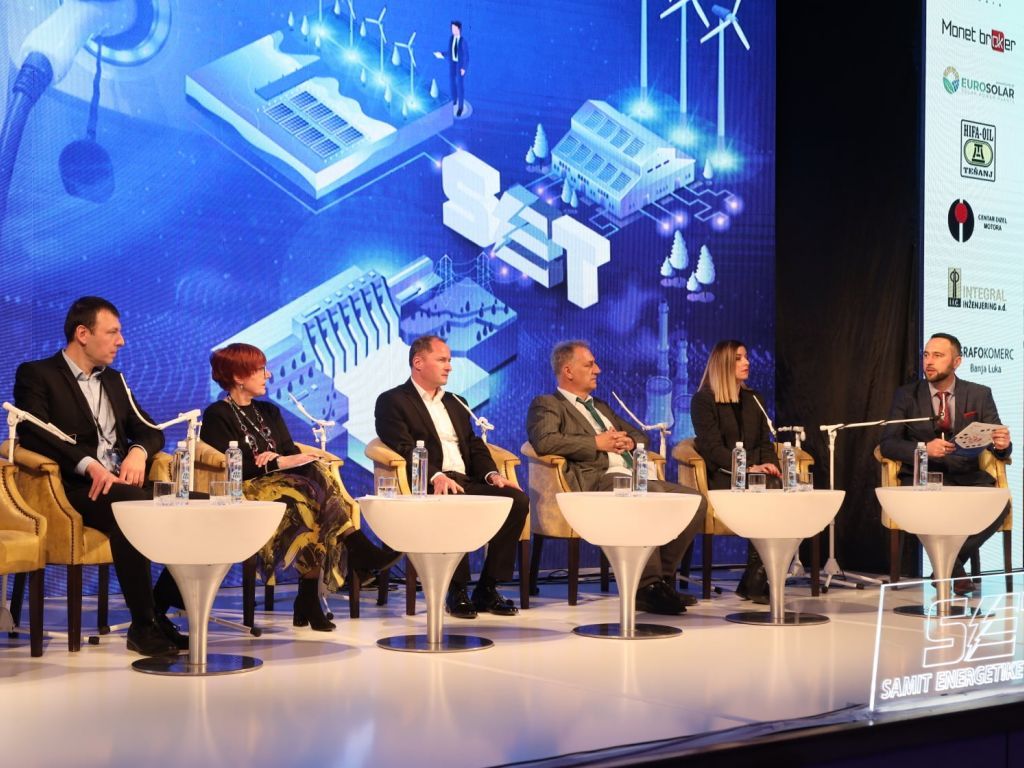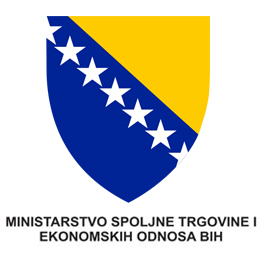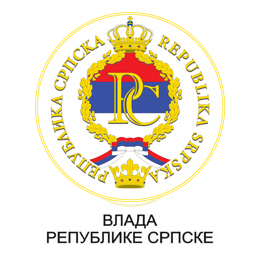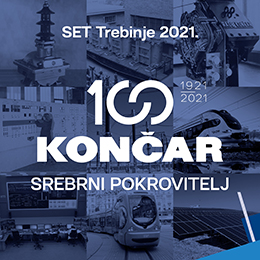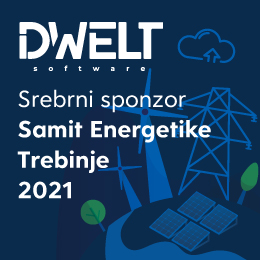SET 2022: Transformation of Energy Sector Requires Synergy of Science, IT Companies and Decision-Makers
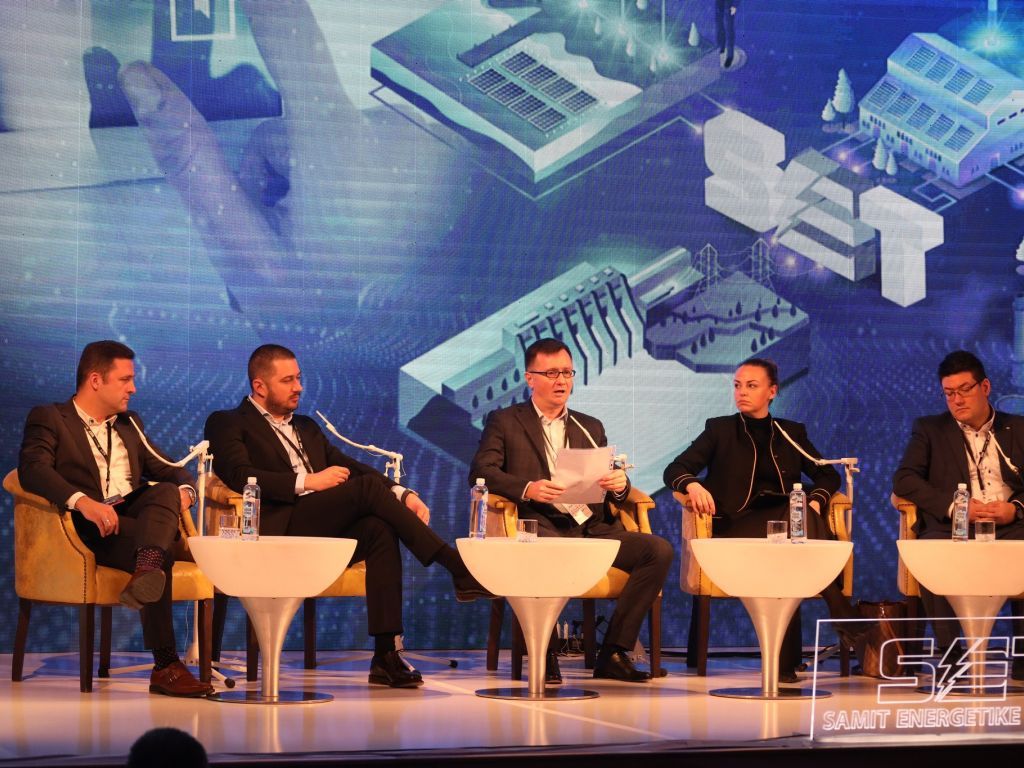
The key trends in energy in the Western Balkans can be followed through the so-called 4D matrix – decarbonization, decentralization, digitization and democratization, it was said at the panel on the current trends in energy at 2022 Trebinje Energy Summit, and the panel was moderated by Goran Radosavljevic, the director of the FEFA Institute Belgrade.
As his collocutors emphasized, all these processes of the transformation of the energy sector cannot be done successfully if there is no synergy of knowledge, education, professional staff and decision-makers. If the aim is to have a stable and secure energy sector, then the creators of IT solutions and the managers of the power companies must cooperate and be aware of the importance of synergy.
– The deadlines for the execution of the process of decarbonization are too close and it will be a real challenge to meet them. The question is how to implement all these solutions without overstepping the deadlines. My advice is to use the knowledge and the technology to overcome the challenges – said the director of Telegroup, Georgije Mihajlovic.
According to him, the decentralization of the production of electricity is evident, in the sense of the installation of solar panels, the construction of wind farms and so on, and there are plenty of various energy sources, and then it is perhaps not that easy to predict what the production will be like and how much electricity will be produced.
– That is why we need suitable software solutions, machine learning, artificial intelligence, so that we would have prediction tools. A distributed architecture of electrical energy entails a distributed architecture of the IT system that would accompany that field. Blockchain presents itself there as a potentially interesting technology. It is also important to include the scientific community and faculties in the entire process of the transformation of the energy sector – said Mihajlovic.
He believes that this is the time to think about forming certain education programs that would support the development of the kind of workforce that would be important in the development of energy sector projects. That workforce, he says, will later be crucial when the transformation process enters its final stage, as they will take certain roles, together with the decision-makers at the power companies.
– As Telegroup, we are an available service, with specific knowledge and expertise. However, any implementation of the projects of digitization in the energy sector is not possible without the specific field knowledge of the people who work at the power companies. So, we have the knowledge and the tools for a certain job, but nothing is possible if the people in whose company this is implemented do not have the knowledge.
Stefan Krneta, the founder of the startup Dwelt, says that the notorious 4D in energy is a result of the zero D or the fifth D, which got lost somewhere, namely, the deregulation of the market. He repeated that, in 2019, in Republika Srpska, the process of separating the distribution of electricity from the supply of it was initiated and completed successfully. That, he says, is a world trend which is well made here and which operates smoothly here.
The introduction of prosumers in the legal regulations in RS will provide this sector with additional agility, because prosumers will be motivated to produce electricity and trade it. In order to trade it, however, they need a regulated market and local electricity markets. The legal framework for such markets is not yet recognized here or in Europe, Krneta says, but it’s a useful topic to think about and be ready to be innovative.
– The implementation of blockchain in energy started with green certificates in order to define which electricity comes from renewable energy sources. It further continued with the creation of energy wallets. A wallet contains everything you earn by selling the electricity you’ve produced, as well as what you’ve sold or bought from someone from your energy community – Krneta clarifies the kind of future that awaits us in this sector.
Science, Krneta believes, is inevitable in this process.
– I believe that we have a good development basis and that we are keeping up with the world. We need to expand this topic. There’s also a lot of talk about advanced algorithms. Today, those analytics should be available not just to the operators of the distribution systems, the trend is for them to also be available to the purchaser, that is, the end-user.
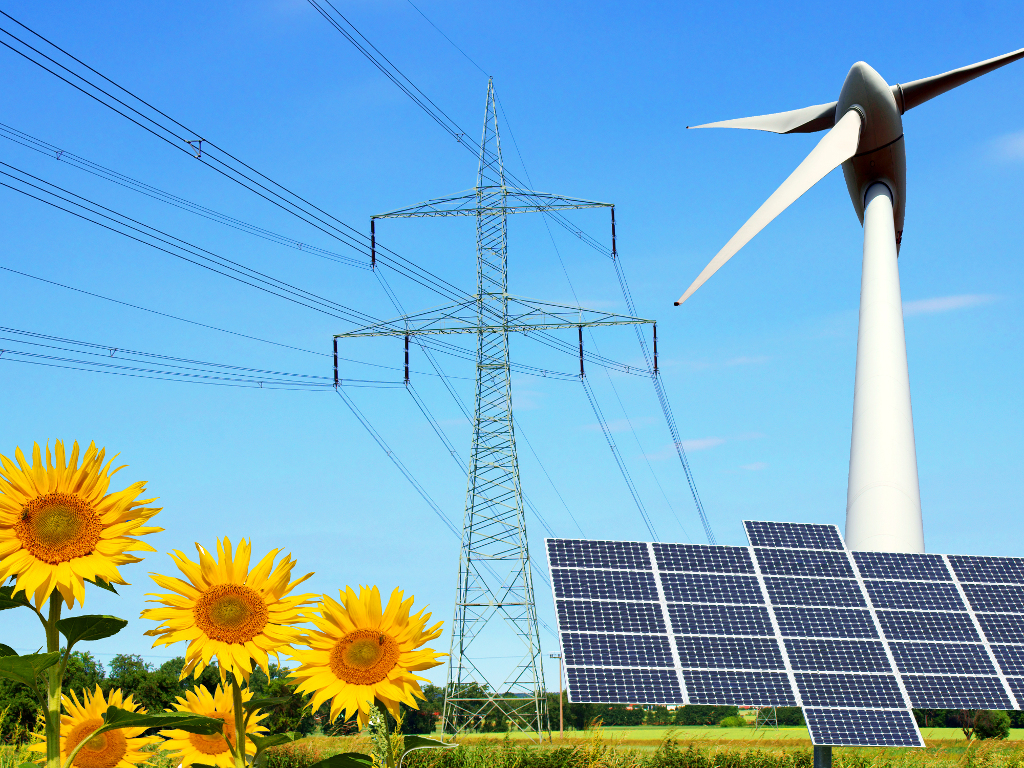
Illustration (Photo: PhotographyByMK/shutterstock.com)
Prointer ITSS, as one of the largest IT companies, has successfully implemented several projects in six years, designing and creating tools and solutions which have helped power companies in the digitization process. That is perhaps not enough in order to talk about a transformation, but we have learned a lot in these projects, said Bojana Omerovic, the director of Prointer ITSS Sarajevo.
– The mandatory condition in these processes is good infrastructure, a smart network that runs the distribution, production and sale of electricity. When we look at the markets of the region, a big problem is the lack of strategies at the highest level. Even where strategies exist, they are not harmonized with the local ones. Digital transformation is very expensive and that is a big challenge for the power companies. It is very important for the needs of the market to be followed by an educated workforce, that there are engineers whose knowledge follows this process. IT combined with energy can create miracles and is already doing so. There can’t be a transformation without smart solutions – Omerovic pointed out.
IoT is in fact a way of linking a large energy sector with ordinary citizens.
– We hope that the decision-makers will recognize the importance of connecting IT with energy. A digital and digitized stable energy system can benefit the countries a lot, because a strong network and optics do not only have to be used for energy, but also by telecom operators, transmitters and other.
Srdjan Ozegovic, a member of the Management Board of ProCredit Bank, says that, back in 2015, they made the decision to be a digital bank. There was some apprehension about how the clients would react, but they were surprised by the reaction. They all gladly accepted the changes, especially small and medium enterprises. They were also the first bank to start operating with a digital signature.
Later on, ProCredit oriented toward financing projects of investments in renewable energy sources and they are getting increasingly more inquests about that. The prices of investing in solar power plants are lower, so there are more and more companies which want to install panels for the purpose of their own production. When the regulations regarding prosumers take root, natural persons are expected to take greater part in investments. At the moment, it is a big investment for citizens, and whether they will be able to sell the electricity is not certain.
–The economy is ready for all the new trends, and there’s some resistance on the side of regulations, because they are developing slowly relative to the coming trends.
ProCredit has developed financial products for RES projects, and in cooperation with international finance institutions, they’ve also developed a grants program, not just for investments in solar panels, but also in energy efficiency.
Cyber security
The end-goal of energy transformation, as Georgije Mihajlovic of Telegroup pointed out, is to be energy stable and secure, especially in situations when the prices of energy sources are volatile and when the delivery of energy sources needs to be secured.
– Under the pressure of the regulations and the deadlines, we mustn’t lose the need for cyber security, because before the wars, it is usually cyber attacks that are a threat. Electricity is a very important resource and we need to have it. Here’s what the situation looks like when you are dependent on the import of energy sources. It is important to be able to manage the energy system, and if we are not protected there, we could miss some things and having someone manage our resources without ours knowing it.
Krneta clarified that innovations in energy were first tested in Scandinavia or in Germany, Austria, or Switzerland, because, if something is proven to function well there, the entire Europe follows, because it’s something that’s close to us.
– What we are trying to do at Dwelt is to enable the forming of energy communities, local electricity market, in order to enable a greater use of energy from RES. The task of the technology is to enable the use of electricity – Krneta concluded.
Let us remind that the 2022 Trebinje Energy Summit was held between March 16 and 18, organized by Elektroprivreda RS, the City of Trebinje and the company SET.
The eKapija portal was the media sponsor of the Summit. You can read about the participants and the topics of the Summit HERE.
Teodora Brnjos
Source: eKapija
© 2020 All rights reserved | SET 2021





